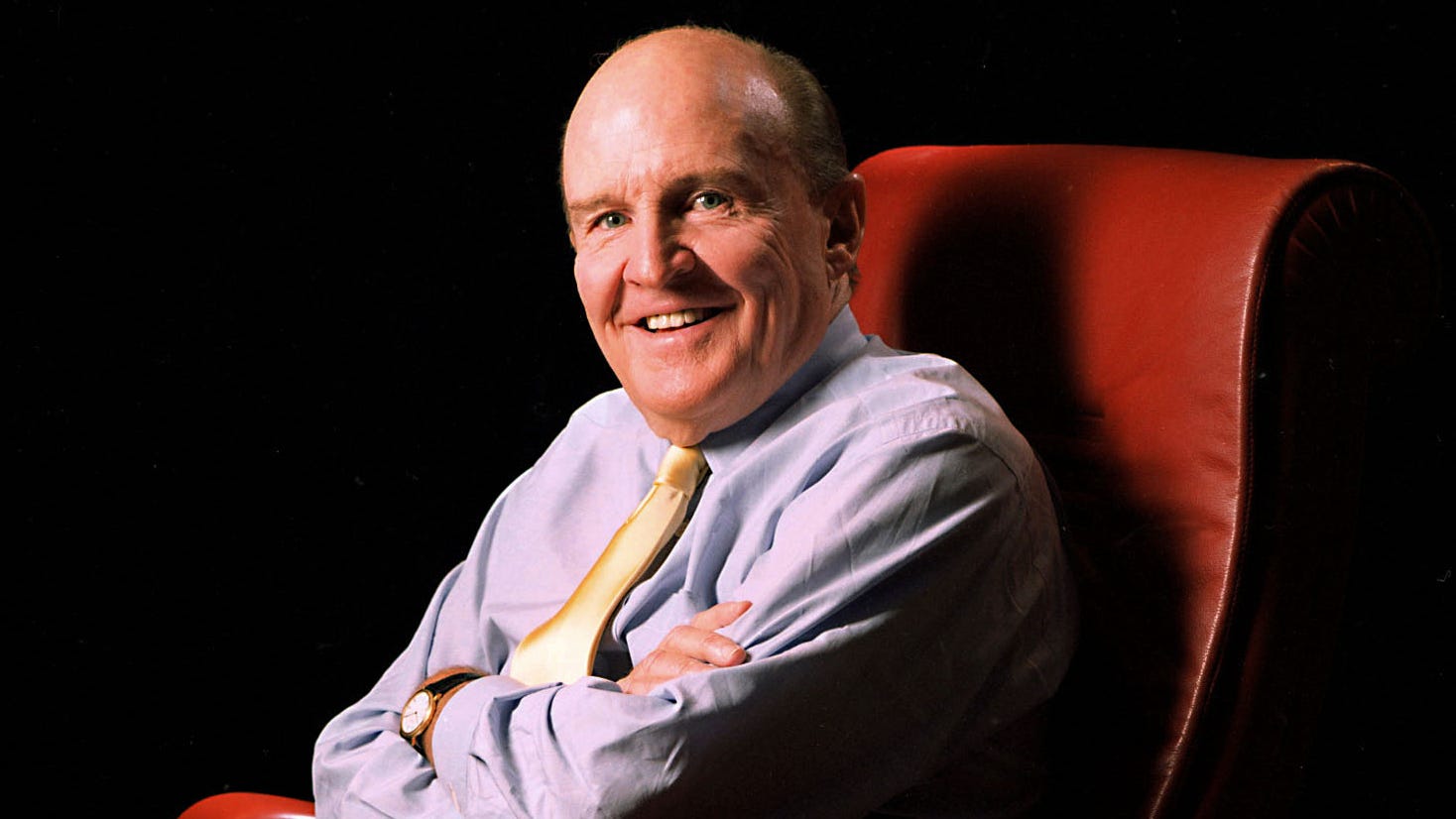The speech disorder, stuttering affects roughly one percent of the world population. It is one of the few disorders that are still mocked in school or public life.
Lack of public awareness and prevalence of negative stereotypes about stuttering makes it difficult for people who stutter to find acceptance in many spheres of life.
But, many people who had a hard time dealing with stuttering either in their childhood, teenage, or adult life, have been at the top of their game in business, politics, sports, entertainment, media, science, activism, and philanthropy.
Here in this post, we will introduce you to business tycoons who stuttered and made it big in business.
1. Richard Branson
A well-known business-magnet, investor, author, and philanthropist, Richard Branson controls a conglomerate of more than 400 companies in different sectors. Most of his businesses bear the ‘Virgin’ brand name, including Virgin Galactic, Virgin Atlantic, and Virgin Records.
According to Forbes.com, his net worth at the time of writing this post is $4.9B. Like any other business tycoon, he has had his share of failures in life. But, Richard continued to march forward.
Richard Branson is known for his charismatic personality and style of working. Millions of people across the world admire and follow him.
But, did you know that Richard Branson – one of the highly successful people in the business – stuttered as a child?
Mum made us perform as kids in-in-in-in-in-in order to overcome a slight stutter & shyness. Obviously didn’t succeed! http://t.co/XHWTtsgGOJ
— Richard Branson (@richardbranson) July 15, 2013
Yes, today, it is hard to imagine him as an eight-year-old boy who struggled with stuttering and dyslexia. By the time Richard left high-school, his headmaster had told him that he’d either become a millionaire or end up in prison.
The school headmaster knew that Richard was smart and intelligent. Perhaps he didn’t know which turn Richard’s life would take next.
 Richard’s entrepreneurial journey began at the age of 16 when he started publishing a magazine called ‘Student.’ In the 1970s, he launched a chain of stores – Virgin Records – which later became known as Virgin Megastores. In the following years, the Virgin brand snowballed and Richard Branson soon became a well-known name.
Richard’s entrepreneurial journey began at the age of 16 when he started publishing a magazine called ‘Student.’ In the 1970s, he launched a chain of stores – Virgin Records – which later became known as Virgin Megastores. In the following years, the Virgin brand snowballed and Richard Branson soon became a well-known name.
Richard admits that he still struggles with stuttering on some occasions. However, he has become comfortable with it over the years.
“My shyness and stutter have never disappeared completely,” says Richard.
Here’s Richard Branson’s advice for people who stutter and fear public speaking:
“I am still always nervous before going on stage. If you also suffer from the same problem, my advice is to try to talk as you would to your best friend. Whether there is one person, ten people, or 1,000 people in the room, try to relax and chat as you would in your living room.”
Richard says that if you still get stuck on the odd word while speaking in front of an audience, don’t worry too much about it – you are not alone.
If you stutter and have been wondering whether you can speak in public with confidence, interact with clients or vendors daily, and lead a team of employees, remind yourself of the fact that if Richard Branson could do it – so can you!
2. Jack Welch
A famous American business executive, writer, and chemical engineer, Jack Welch were the Chairman and CEO of General Electric (GE) between 1981 and 2001. Jack Welch died on March 01, 2020, at the age of 84.
He started his career in the company as a junior chemical engineer and rose to the top position. Recruiters in the company perhaps knew about the benefits of hiring talented individuals who stuttered.
During his time as the CEO of GE, the company’s valuation rose from $12B to $280B. He supervised well over 600 acquisitions during this time as GE forayed into the emerging markets.
Considered a managerial genius and an authority on business leadership, Jack Welch was among the most successful CEOs of his time. Five years after Jack left GE, he was commanding top-dollar as a speaker.
In 2007, participants paid a whopping $10,000 fee (per person) to attend a workshop Jack presided over. At one point in time, Jack also ran a consulting business and taught at MIT’s Sloan School of Management.
While millions of people today know about Jack’s professional successes, only a handful are aware of the fact that he stuttered as an adult.
Here’s Jack Welch narrating his struggles as a child who stuttered.
Jack Welch is a fine example of what anyone with speech disfluencies can do in the world of business if they are determined to succeed.
As a young kid in middle-class town Salem, Massachusetts, Jack was teased brutally about his stutter. Jack says that his stutter at the time was “almost impossible.”
 Jack attributes his success to eventually overcoming his stutters to his mother.
Jack attributes his success to eventually overcoming his stutters to his mother.
When Jack told his mom about his experiences at school, she used to tell him, “Jack, don’t let that bother you. Your mind just works so fast, your tongue can’t keep up with you.”
According to Jack, these encouraging words from his mother formed the foundation that gave him self-confidence.
So, do you think your speech disfluencies are holding you back? Don’t let them.
Learn from the life of Jack Welch, who struggled with stuttering for many years and scripted a success story that will continue to inspire people for a long time to come.
3. Malcolm Fraser
“We must be relentless in exploring and evaluating ways to help children and adults who stutter” – Malcolm Fraser.
An American businessman, Malcolm Fraser founded the Genuine Parts Company. Born and raised in Cornwall-on-Hudson, New York, Malcolm stuttered severely from a young age as did his elder brother, who later became a noted journalist.
By his 40s, when Malcolm was running a successful auto parts business, he was still struggling with a significant stuttering problem. He knew about the trials and tribulations of people who stutter. So, he decided to do something to help those who stutter.
He formulated a plan to set up a non-profit organization. At the age of 44, when most wealthy people would have thought of enjoying a lifestyle of comfort, Malcolm founded the Stuttering Foundation of America.
It was Malcolm who gave the foundation most of its $10 million endowments. One of the first few people Malcolm worked with when he founded the Stuttering Foundation of America was Dr. Charles Van Riper, an authority figure in the field of speech-language pathology.
Over the seven decades, this non-profit charitable organization has made an enormous contribution to improve the lives of people who stutter. The organization has published countless books, brochures, DVDs, and educational materials for both professionals and the general public.
Malcolm was awarded the Distinguished Service Award by the American Speech-Language-Hearing Association in 1984.
Today, kids and adults who stutter or struggle with various other speech-language problems have the option of using numerous speech therapy tools, but during the 20th century, everyone had to rely on traditional speech therapy. It was through speech therapy sessions with Dr. Frederick Martin that Malcolm learned how to manage his stutters.
Do you want to start a business? Don’t let your stutters keep you from trying. It’s just a tiny part of who you are. It does not define you.
Get busy writing your business plan right away! Like Malcolm Fraser, you too can run a successful business and do a whole lot more you might have thought was impossible.
4. Arthur Blank
An American businessman and founder of ‘The Home Depot’ – the fastest-growing retailer in U.S. history – Arthur Blank has a net worth of $6.3B at the time of writing this post.
According to the American Institute for Stuttering, Arthur Blank struggled with stuttering all through his childhood.
Before he started his own business, Arthur worked with Handy Dan Hardware. He rose through the ranks at the company and left when he was ready to launch ‘The Home Depot’ in 1978. The company registered revenues worth $110.2B in 2019.
He recently made a $20m donation for the University of Texas through The Arthur M. Blank Family Foundation. The funds have been made available for an institute focused on stuttering education and research. The institute will conduct research in stuttering treatments,
“Today, I’m very proud to announce the establishment of the Arthur M. Blank Center for Stuttering Education and Research, which will be an overarching center to expand the vision and work of Dr. Courtney Byrd,” said a release from the Office of the President, the University of Texas at Austin.
A few days before that, Arthur had announced a $200m donation to Children’s Healthcare of Atlanta.
We’re honored to announce a $20M grant for The Arthur M. Blank Center for Stuttering Education and Research at @UTexasMoody. Founded by Dr. Courtney Byrd, this transformational work will empower people around the word who stutter to dream, speak, live. pic.twitter.com/l5iVX9lIWL
— Arthur Blank Foundation (@BlankFoundation) October 19, 2020
Arthur stepped down as co-chairman of the retail business in 2001. One year later, he bought the NFL’s Atlanta Falcons. He invested $545 million in the professional American football team and it’s worth $2.8B now.
Arthur is also known for having brought pro-soccer to Atlanta.
Final Words: People who succeeded in business despite stuttering
The business tycoons we discussed in this post didn’t let stuttering limit their ambitions.
Yes, stuttering IS difficult to deal with. But, it is possible to learn to overcome it to a significant degree. With guided speech therapy or self-therapy apps, it is possible to make continuous improvement.
Lastly, if you want to start a business, don’t let yourself believe that your speech disfluency can put you at disadvantage. Accept your stutter, work on it, and turn it your strength. You can have a side-hustle or a full-time business.
Here is a list of some interesting business ideas on IdeasPlusBusiness to get your creative juices flowing.
Meet Singhal is a Person who Stutters and the founder of Stamurai – a speech therapy app containing stuttering modification and fluency shaping strategies, tools like DAF, meditations, scientific assessments, and community support to help people who stutter (PWS) overcome stuttering. An engineer by training, he has been practicing self-therapy for the past 7 years and is passionate about helping PWS lead normal lives.
